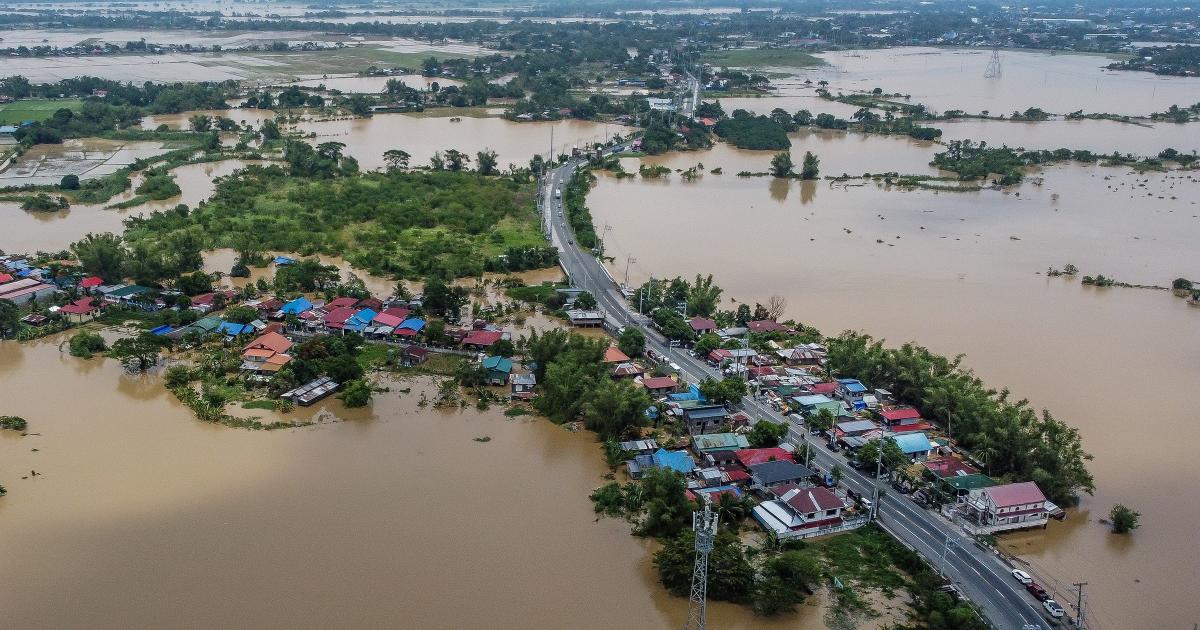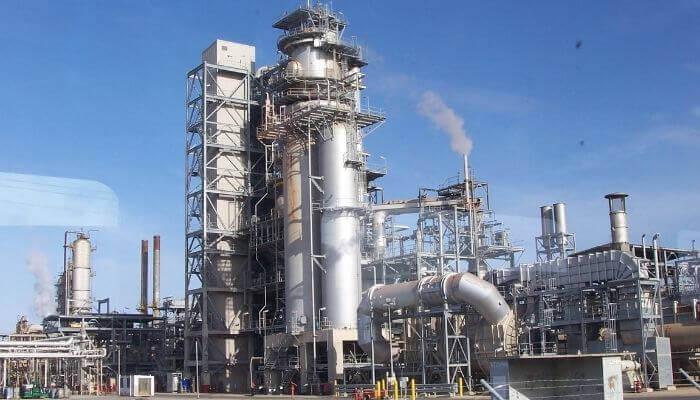United Nations Secretary-General, António Guterres, has called for urgent action and a massive investment in sustainable, equitable, healthy and resilient food systems.
Guterres made the call on Monday, July 24, 2023, while delivering the keynote speech at the opening ceremony of the ongoing UN Food Systems Summit+2 Stocktaking Moment (UNFSS+2) in Rome, Italy.
UNFSS+2, a follow-up to the 2021 UNFSS, is holding from July 24 to 26, and seeks to create a conducive space for countries to review progress on commitments to action and identify successes, challenges and priorities to close the implementation gap for food systems transformation.
Guterres noted that starving food systems of investment meant starving people, adding that chronic hunger was increasing in regions with the weakest and most underfunded food systems, including Western Asia, the Caribbean, and across all regions in Africa.
He urged governments to respond to the call for a Sustainable Development Goals(SDG) stimulus to scale up affordable long-term finance for all countries in need by at least $500 billion yearly.
This, he said, would help countries make meaningful progress towards SDG two, to achieve zero hunger, and build systems that could ensure people had access to affordable nutritious foods wherever they lived.
“We also need greater investments in adaptation to resilient food, health, water, sanitation, and agricultural systems that can withstand early warning systems.
“I call on governments to support the food import facility proposed by the global crisis response group on food, energy, and finance to expand food accessibility for at least 50 countries facing acute food insecurity.”
Guterres also tasked governments and businesses on working together to build systems that put people over profits.
He asked governments in the food, agriculture, transportation, and retail industries to explore new ways to lower costs and increase the geographic availability of fresh, healthy food for all people.
On his part, food systems transformation is fundamental to reducing carbon emissions and limiting global warming to 1.5 degrees Celsius.
In her opening speech, Italy’s Prime Minister Giorgia Meloni said food security had always been one of the strategic guidelines of her country’s foreign policy and a priority area of Italian development cooperation.
Meloni noted that only financing at scale could bring about transformative changes in food systems.
“Cooperation with all the international financial institutions is a key element for the implementation of more agri-feedstock projects.
“Food security is key in this journey to ensure development and economic growth and give people the opportunity to live in their own land.”
Director-General, Food and Agriculture Organisation of the UN (FAO) QU Dongyu said that the UN food systems summit process had made it clear that agri-food systems held huge power and potential in contributing to the achievement of SDGs.
According to him, while there are still many challenges, progress has been made to identify the solution that agri-food systems can provide for better production, better nutrition, a better environment, and a better life to ensure that no one is left behind.
This solution, he said, depends on transforming global agri-food systems to be more efficient, more inclusive, more resilient, and more sustainable.
“In the face of increasing uncertainties and multiple crises, we need to urgently undertake this transformation to fulfill the high expectations we have from our agrifood systems.”
He said that to accelerate progress, the world needed to leverage cross-cutting accelerators, adding that FAO was focused on four key areas.
These areas, he said include science and innovation, improved data capabilities, increased targeted and coordinated public and private finance, and establishing inclusive agri-food systems governance mechanisms.
“Unlocking the full potential of agri-food systems can only happen if we focus on these accelerators, to help minimize trade-offs and maximize synergies,” he said.





